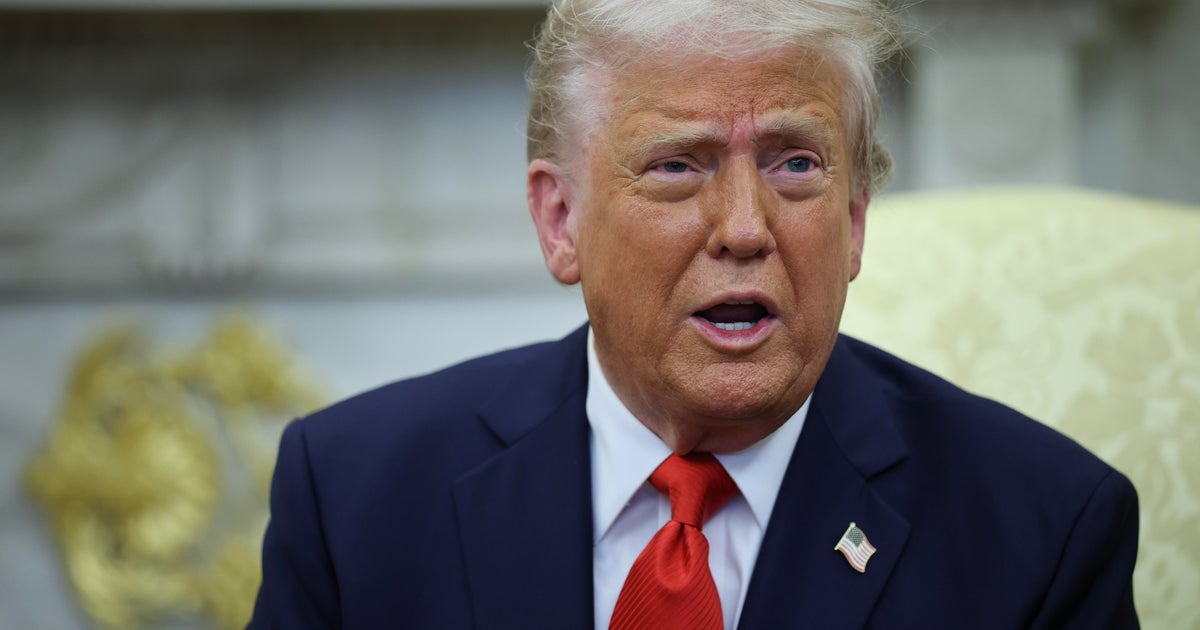The Trump administration can’t immediately revoke the deportation protections and work permits of hundreds of thousands of migrants from Cuba, Haiti, Nicaragua and Venezuela who entered the U.S. legally under a Biden-era program, a federal judge ruled Monday.
U.S. District Court Judge Indira Talwani blocked the Trump administration from moving forward with its plan to terminate the legal status of those migrants on April 24. The administration had warned those affected by its announcement that they would need to self deport by that date or face arrest and deportation by federal immigration agents.
But Talwani suspended the deportation warnings the government had sent and prohibited officials from revoking the legal protection, known as immigration parole, that the Biden administration granted to more than half a million Cubans, Haitians, Nicaraguans and Venezuelans.



Yes, the Marshalls are. But hey could find Marshalls who take their oath seriously, or they could deputize whoever they like to enforce the court’s ruling
That’s wrong. The request from the court doesn’t just go to the US Marshals. It goes to DoJ.
Also wrong. The US Marshals Service can deputize Marshals. The courts cannot.
Source
They can do this, there’s a strong legal argument for it that goes far beyond just this… And where we are now that’s enough she could act
It wouldn’t make that person a marshall, they’d be a deputy. They’re limited in the scope of what they can do, I’m not sure if they could be paid or how, it might break a whole bunch of norms - but it can be done
Fair enough - can. Won’t, but can.